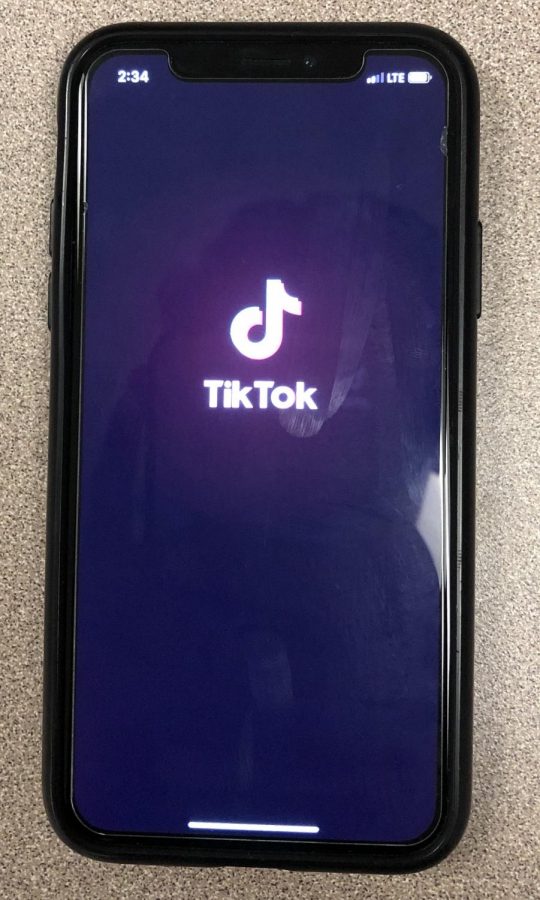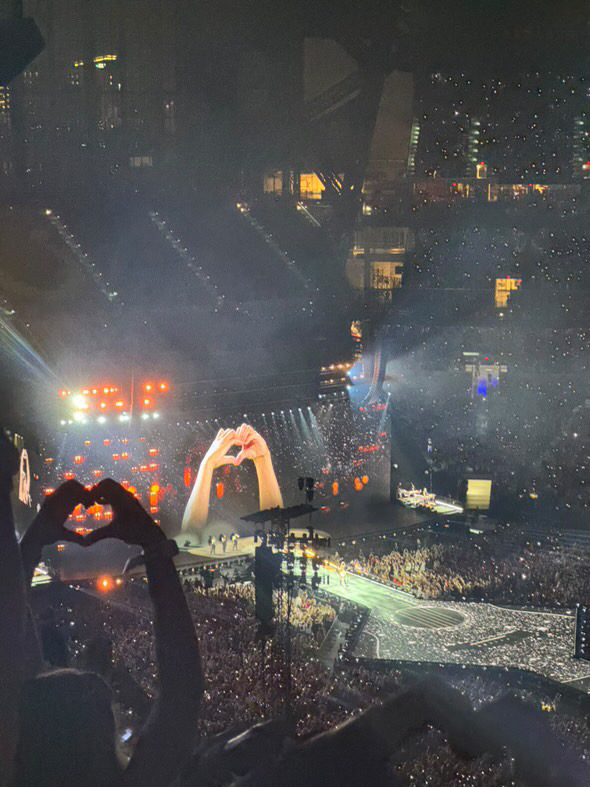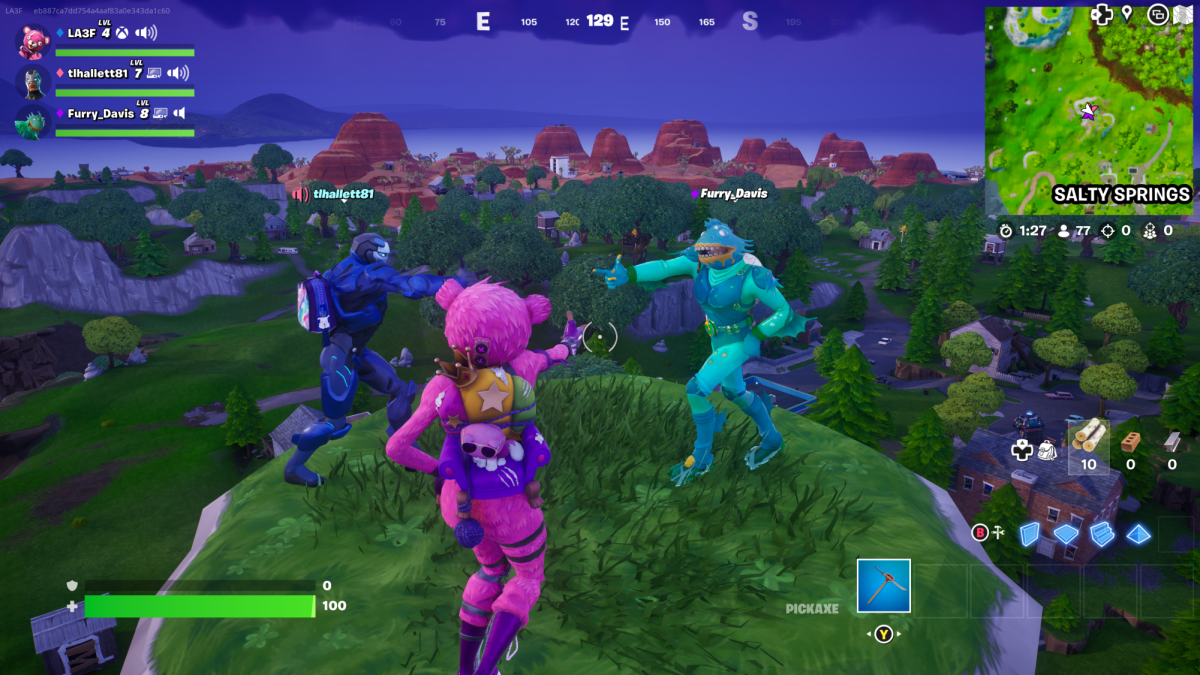TikTok has ascended the ranks of social media apps, especially among teenagers.
The latest social media app to greatly impact the social media sphere, TikTok has garnered over one billion downloads globally, including 100 million in the United States alone.
Many teenagers are spending hours on the app. Senior Lucy Stelle admitted that she spends “way too much time, like at least 4 hours.”
Users on the app can make 15-second videos of themselves doing pretty much anything. However, most videos consist of lip-synching or comedic skits.
One of the main reasons for this app’s popularity is the creative outlet that it provides for users. People can find themselves endlessly scrolling through the app, watching tons of “goofy” videos in one sitting.
“It’s so addictive because the videos are short and there’s an endless amount of content,” stated Stelle. “I feel like people have the freedom to be more weird and express themselves because there’s no standards or pressure, unlike Instagram where there’s pressure to make it seem like you have the perfect life.”
TikTok has also been a place for new music to garner popularity. The song “Old Town Road” by Lil Naz X first gained traction on TikTok before it took over mainstream media. Many users flooded the app with videos consisting of “Old Town Road” playing in the background.
However, under all of these lighthearted, entertaining videos are concerns of national security expressed by the U.S. government.
Unlike other social media apps like Twitter or Facebook, TikTok is not owned by an American company. Instead, a Chinese company, ByteDance, owns the app. Two years ago, the company bought Musical.ly and turned it into the now-viral app.
Senate Minority Leader Charles E. Schumer (D-N.Y.) and Sen. Tom Cotton (R-Ark.) have asked U.S. intelligence officials to investigate the app. Since TikTok is owned by a Chinese company, they see that the app may suppress freedom of expression. They are also wary that this app might be used as a Chinese propaganda tool that attempts to influence the outcome of the upcoming presidential election.
In light of these questions about the social media app, TikTok representatives have stated that the app does not follow the Chinese government guidelines and would not obey orders from the Chinese government if orders were explicitly given.
While these responses may prompt some to find reassurance in using the app, it is completely possible that the government of China would compel ByteDance to either share data about their users or spread Chinese propaganda. After all, it is well known that the Chinese government has great influence over social media apps within its territory.
With the millions of users that have downloaded the app, China could potentially have access to a lot of sensitive information that could in a self-serving way.
For now, however, TikTok is just an innocent app that allows teenagers to unleash their creativity, but it does force people to consider the implications of Chinese controlled social media apps.





